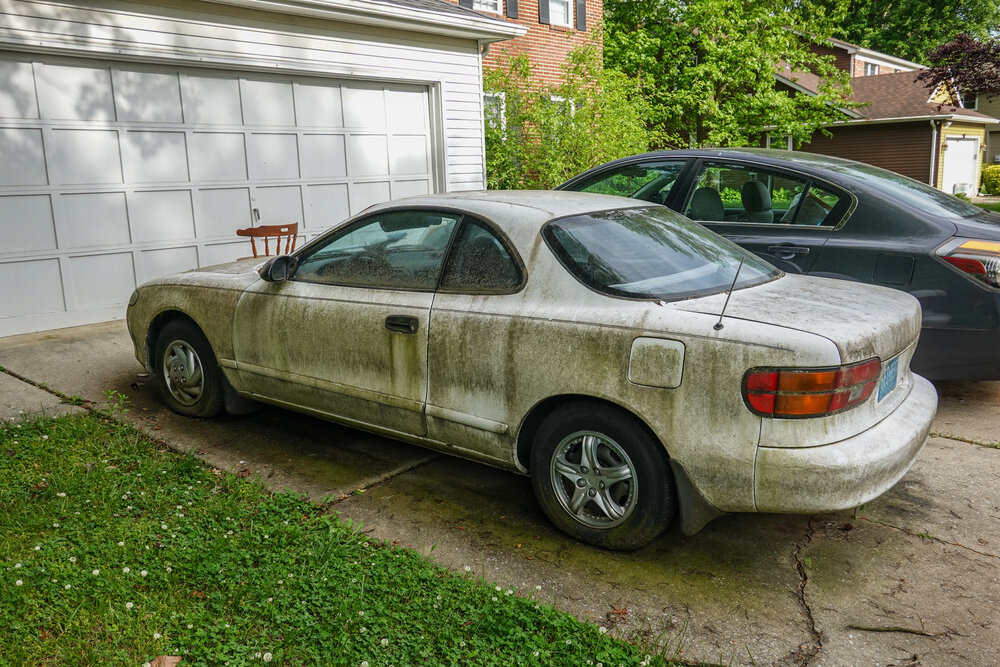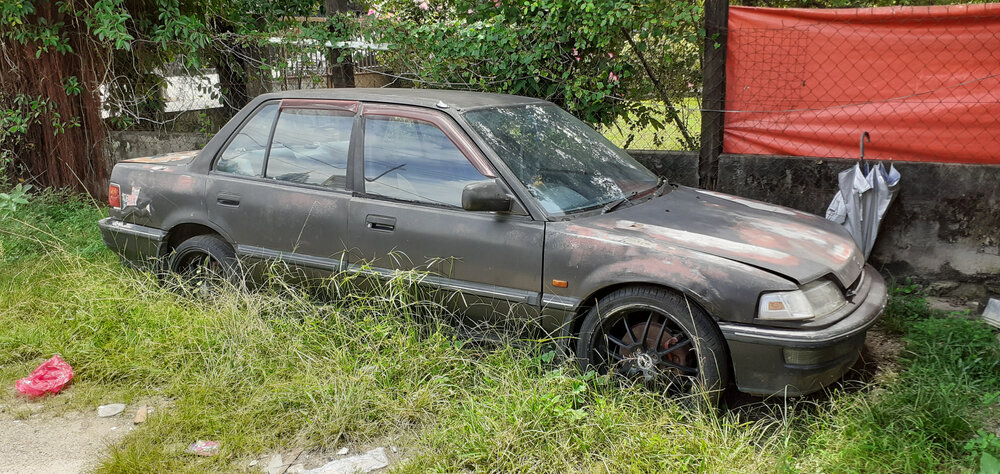The Economic and Ecological Benefits of Recycling Scrap Automobiles
Reusing scrap cars provides numerous economic and ecological benefits that expand well beyond waste reduction. By redeeming as much as 90% of lorry components, this practice substantially reduces land fill concern while maintaining vital natural resources. In addition, it reduces power use and greenhouse gas emissions connected to raw product removal and manufacturing. The process additionally produces work possibilities throughout various industries, from taking apart to logistics, and gives customers with cost-effective automobile parts. These benefits underscore the complex value of recycling junk autos, yet there are further aspects to think about when examining its complete effect.
Minimizing Garbage Dump Waste
Decreasing landfill waste via the recycling of junk vehicles plays a critical role in ecological preservation. When cars reach the end of their life process, efficient recycling processes can significantly decrease the quantity of waste that ends up in landfills. Scrap automobiles, if not effectively reused, contribute to the expanding issue of garbage dump overcapacity, exacerbating ecological degradation and possibly polluting soil and groundwater with unsafe compounds such as oil, gas, and hefty steels.

In addition, the recycling procedure reduces the damaging effects of automobile waste on biodiversity. Garbage dumps are infamous for disrupting local environments, and reducing the influx of junk cars and trucks aids preserve natural habitats. Ultimately, recycling junk cars is a tactical method that promotes lasting waste administration, straightening with more comprehensive ecological objectives.
Conserving Natural Resources
Along with mitigating landfill overcapacity, reusing scrap cars plays a significant function in conserving natural deposits. The automotive sector is heavily reliant on various steels, plastics, and various other products that need substantial mining and handling. By recycling junk vehicles, we considerably decrease the demand for basic materials, thereby suppressing the ecological deterioration connected with mining activities. For instance, reusing steel from old lorries minimizes the requirement for iron ore extraction, which in turn decreases power usage and greenhouse gas discharges.
In addition, the procedure of recycling vehicle parts such as light weight aluminum, lead, and copper is much much less energy-intensive than producing these products from virgin sources. This power cost savings translates straight into lowered fossil gas consumption and lower carbon impacts (sell car to junkyard). Additionally, by recovering and repurposing products, we extend the lifecycle of non-renewable sources, ensuring they remain offered for future usage
Additionally, reusing automobile fluids like transmission, antifreeze, and oil liquid protects against dangerous substances from contaminating dirt and water resources. Via organized recycling efforts, these fluids can be detoxified and reused, advertising a circular economic climate and further decreasing the pressure on natural resources. Therefore, recycling junk cars uses a diverse technique to saving our earth's important natural possessions.
Producing Work Opportunities
The recycling of scrap autos not just benefits the environment yet additionally promotes economic development by producing task opportunities. This burgeoning sector uses a broad array of work potential customers, ranging from the first collection and transport of old cars to the intricate procedures of taking apart, arranging, and repurposing the different components.

The proliferation of recycling plants even more magnifies the task market, demanding duties such as designers, maker drivers, and quality assurance professionals to make sure and handle the advanced machinery compliance with environmental regulations. Even management placements, such as sales, advertising and marketing, and customer care, see a rise as the industry expands.
Lowering Production Expenses
By integrating recycled materials from junk cars, manufacturers can considerably lower manufacturing expenses. The Get More Information usage of recycled steel, aluminum, and various other useful metals reduces the demand for raw product extraction, which is both energy-intensive and expensive. This not just conserves all-natural sources but also converts into substantial price financial savings for automobile manufacturers. The power needed to refine recycled products is considerably much less than that needed to produce brand-new materials from square one. This reduction in power usage straight correlates with decreased production expenses.
Furthermore, the reusing process assists streamline the supply chain by supplying a steady influx of products that are conveniently available and commonly cheaper than freshly extracted resources. These price performances are specifically crucial in an website here extremely affordable industry like automobile manufacturing, where margins can be razor-thin. In addition, the recycling of scrap vehicles assists minimize the volatile pricing of basic materials, allowing suppliers to far better forecast and control their production budget plans.
Supplying Inexpensive Car Components
When scrap cars and trucks are reused, the schedule of inexpensive car parts dramatically boosts, profiting both customers and repair service stores. Recycled vehicle parts are commonly cost a portion of the expense of brand-new components, supplying a cost-effective alternative for vehicle proprietors and technicians. This price can be critical for people that may not have the financial means to purchase new elements, enabling them to maintain their vehicles in functional and risk-free condition.
Repair stores additionally get from this boosted accessibility of budget-friendly parts. By sourcing recycled components, these businesses can lower their functional prices, which can be passed on to consumers with lower solution costs. This, consequently, can result in higher consumer contentment and commitment, as clients value the expense savings without endangering on high quality.
Moreover, the top quality of recycled parts has actually enhanced considerably over the years, many thanks to developments in reusing processes and quality assurance procedures. Numerous recycled components go through rigorous screening to ensure they fulfill sector the original source requirements, offering integrity comparable to repairs - we buy junk cars Denver. By supplying a economically viable and premium choice, the recycling of scrap vehicles plays a critical role in sustaining both the automobile repair service sector and the more comprehensive customer market
Final Thought
Reusing junk cars provides substantial economic and ecological benefits by considerably lowering landfill waste and saving all-natural resources. Overall, the recycling of scrap automobiles supports both financial development and sustainability purposes.
Reusing junk cars and trucks presents numerous financial and environmental advantages that expand well beyond waste reduction. Scrap automobiles, if not appropriately recycled, contribute to the expanding trouble of landfill overcapacity, worsening environmental deterioration and possibly polluting dirt and groundwater with unsafe substances such as oil, gas, and hefty steels.
By reusing scrap autos, we considerably lower the need for raw products, consequently suppressing the ecological deterioration linked with mining tasks.When scrap cars are reused, the availability of budget-friendly automobile parts considerably enhances, benefiting both customers and fixing shops.Recycling junk autos presents significant financial and ecological benefits by substantially lowering garbage dump waste and saving natural sources.